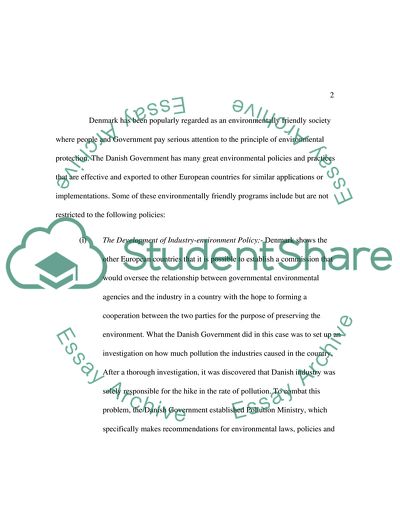Cite this document
(How has Denmark influenced European policymaking in Environmental Research Paper - 1, n.d.)
How has Denmark influenced European policymaking in Environmental Research Paper - 1. Retrieved from https://studentshare.org/politics/1751705-how-has-denmark-influenced-european-policymaking-in-environmental-policy-how-has-denmark-in-turn-been-influenced-by-the-european-union-in-environmental-policy
How has Denmark influenced European policymaking in Environmental Research Paper - 1. Retrieved from https://studentshare.org/politics/1751705-how-has-denmark-influenced-european-policymaking-in-environmental-policy-how-has-denmark-in-turn-been-influenced-by-the-european-union-in-environmental-policy
(How Has Denmark Influenced European Policymaking in Environmental Research Paper - 1)
How Has Denmark Influenced European Policymaking in Environmental Research Paper - 1. https://studentshare.org/politics/1751705-how-has-denmark-influenced-european-policymaking-in-environmental-policy-how-has-denmark-in-turn-been-influenced-by-the-european-union-in-environmental-policy.
How Has Denmark Influenced European Policymaking in Environmental Research Paper - 1. https://studentshare.org/politics/1751705-how-has-denmark-influenced-european-policymaking-in-environmental-policy-how-has-denmark-in-turn-been-influenced-by-the-european-union-in-environmental-policy.
“How Has Denmark Influenced European Policymaking in Environmental Research Paper - 1”, n.d. https://studentshare.org/politics/1751705-how-has-denmark-influenced-european-policymaking-in-environmental-policy-how-has-denmark-in-turn-been-influenced-by-the-european-union-in-environmental-policy.


